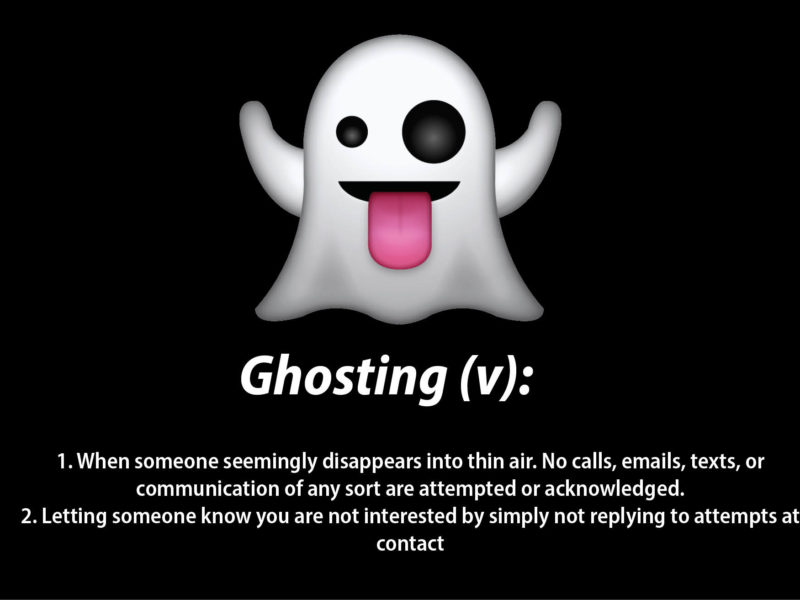Cutting Through the Fakery
The term “Fake” seems to be in vogue lately. We see it applied in a lot of ways, most notably with regards to news and current events – it’s everywhere you look. Applied in this manner, it used to be otherwise called propaganda and disinformation, but perhaps I see it on both sides, from job seeking candidates as well as from the companies and hiring managers. To varying degrees, it’s always been happening but I recognize it more than ever the last few years. It is one thing to put your best face forward, but quite another to mislead, obfuscate, hide or conceal information.
For example: it is now well-known that gaps in employment on a resume can be unhelpful and viewed negatively by HR and hiring managers. I personally think most gaps can be adequately explained away due to the fluctuations in the markets for almost the last decade. Regardless, I see people using fake jobs as gap fillers – I’ve even seen examples of some, whom I know are not working, who have something on their resume stating otherwise. It seems to me they are working harder at avoidance than simply addressing the issue. Yeah, I recognize this is a minority of job seekers; instead many people just exaggerate their feats and daring do.
On the employer side, job descriptions as they are presented provide virtually no real info about the job and during an interview, the rosiest picture is painted of what the job entails.
However, cutting through the fog can be as simple as a little extra application of critical thinking skills. Job seeker or hiring manager – your mission, should you decide to accept it, is to ask more questions; well formulated, investigative questions. Let me simplify it as much as I can:
- Interviewees: (don’t say this, but your mindset should be) “Tell me more – and what aren’t you telling me that I should and need to know about this job”
- Interviewers: (don’t say this, but your mindset should be) “Your resume describes what you are supposed to be doing – but explain to me what you are doing and have done; prove it and tell me why I should consider hiring you”
It is really this simple to get to the bottom of what is real and what isn’t, but I often see interviewees sitting mute, nodding their heads as if on cue. Or hiring managers relying on a silly personality profile to do their job for them. And then, when decision time arrives I hear people lament, “I’m not sure I can make a decision, I need more information”. If you reach the offer stage of the interview process and you still don’t have the info you need, whose fault is that?
Sometimes in our personal and profession lives, it only takes a little extra (real) effort, to go from mediocre, to exceptional. Look, it is your career we’re talking about here, regardless of on which side of the table you’re seated during the hiring process. If you want to just get by so be it – it is a choice.
If you think this topic has relevance and you would like to be better prepared and improve your chances; to have the information available for quick reference or someone you know will need it – then no question about it, you need my handbook. Think of it as a career survival guide providing useful and effective tips for every step of the job search and interview process, ready when you will need it. It is recently updated and there’s stuff in it you’ll find nowhere else; you can find more information here



